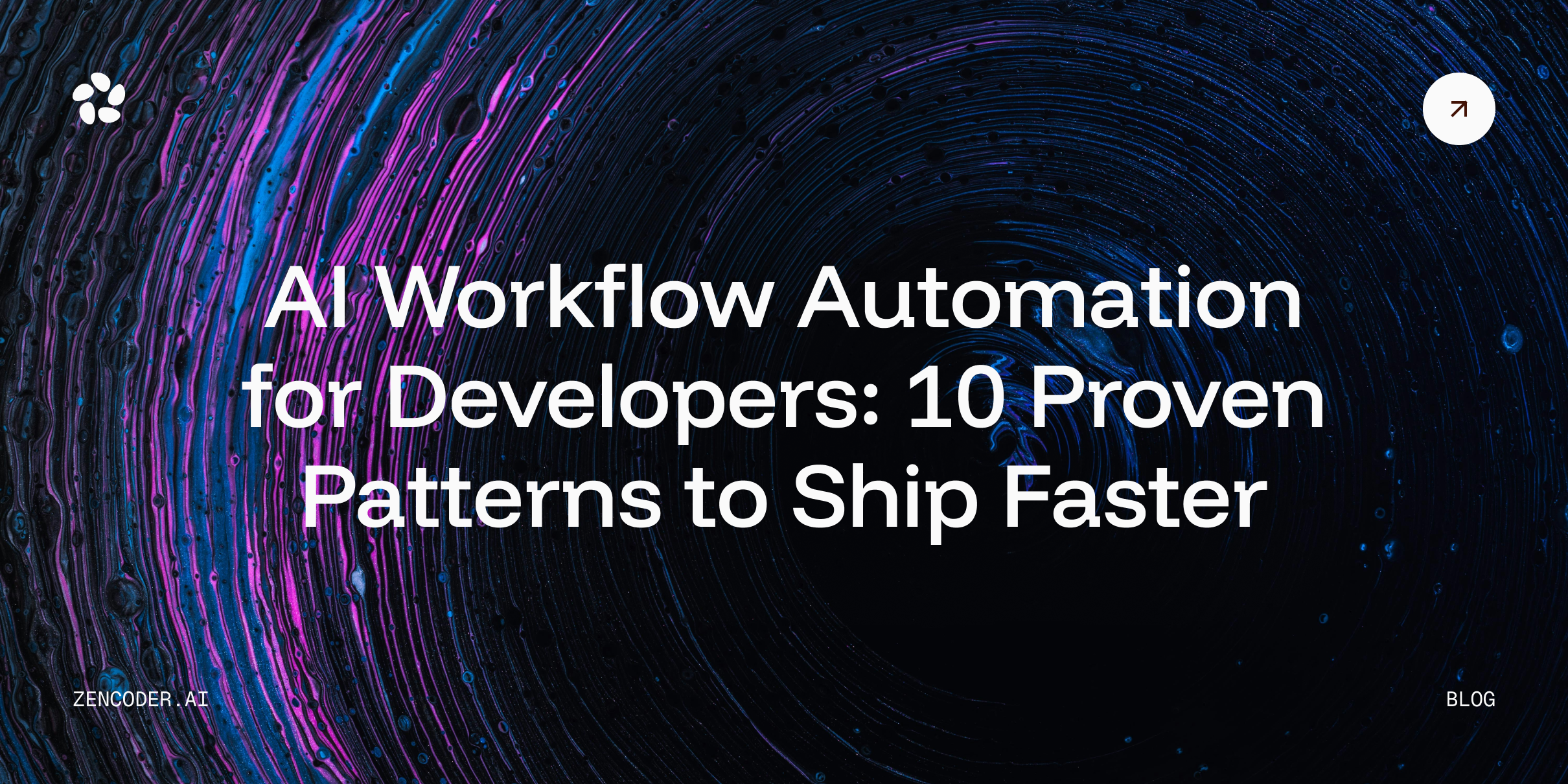Anthropic launched Claude Haiku 4.5 today, and it's available now in Zencoder's model selector. The premise is straightforward: Sonnet 4-level performance on coding and agentic tasks, delivered at substantially faster speeds and lower cost.
The benchmarks back this up. Haiku 4.5 scores 73%+ on SWE-bench Verified, putting it among the world's best coding models. Anthropic's framing is apt: "What was state-of-the-art less than five months ago is now available in our most efficient model."
When to reach for Haiku 4.5
The model positioning is clear. Sonnet 4.5 & Opus 4.1 remain the choice for Anthropic coding agents and tasks requiring maximum reasoning capacity. Haiku 4.5 excels where Sonnet 4 would have sufficed but cost or latency were limiting factors:
Incident response. When debugging production issues, response time directly impacts resolution. Haiku 4.5's speed makes iterative debugging cycles noticeably faster without sacrificing the intelligence needed to trace root causes.
Parallelized sub-agents. Multi-agent workflows that were cost-prohibitive at Sonnet pricing become economically viable. Running multiple sub-agents simultaneously for code reviews, test generation, or incremental refactoring no longer requires the same cost calculus.
High-volume operations. Any scenario where you're running dozens or hundreds of requests—continuous integration checks, automated code reviews, documentation generation—benefits from Haiku 4.5's speed and cost profile while maintaining strong output quality.
Incremental improvements at scale. The kind of continuous, low-stakes refactoring and optimization that compounds over time becomes practical to run autonomously when the per-request cost drops significantly.
The practical difference
This isn't a compromise model. It's a deliberate optimization for a specific set of use cases where Sonnet 4-class intelligence combined with faster inference opens up workflows that weren't previously practical at scale.
Haiku 4.5 is available now in your model selector. For workflows that need near-frontier performance with rapid feedback loops, it's worth testing.

![From Idea to Production: Modern AI Engineering Cycle [Guide]](https://zencoder.ai/hubfs/Idea%20%E2%86%92%20Spec%20%E2%86%92%20Workflow%20%E2%86%92%20Production_%20The%20Modern%20AI%20Engineering%20Cycle.png)

![AI Orchestration: How High-Quality AI Output Happens [Guide]](https://zencoder.ai/hubfs/Screenshot%202025-12-18%20at%2012.14.20%20AM.png)